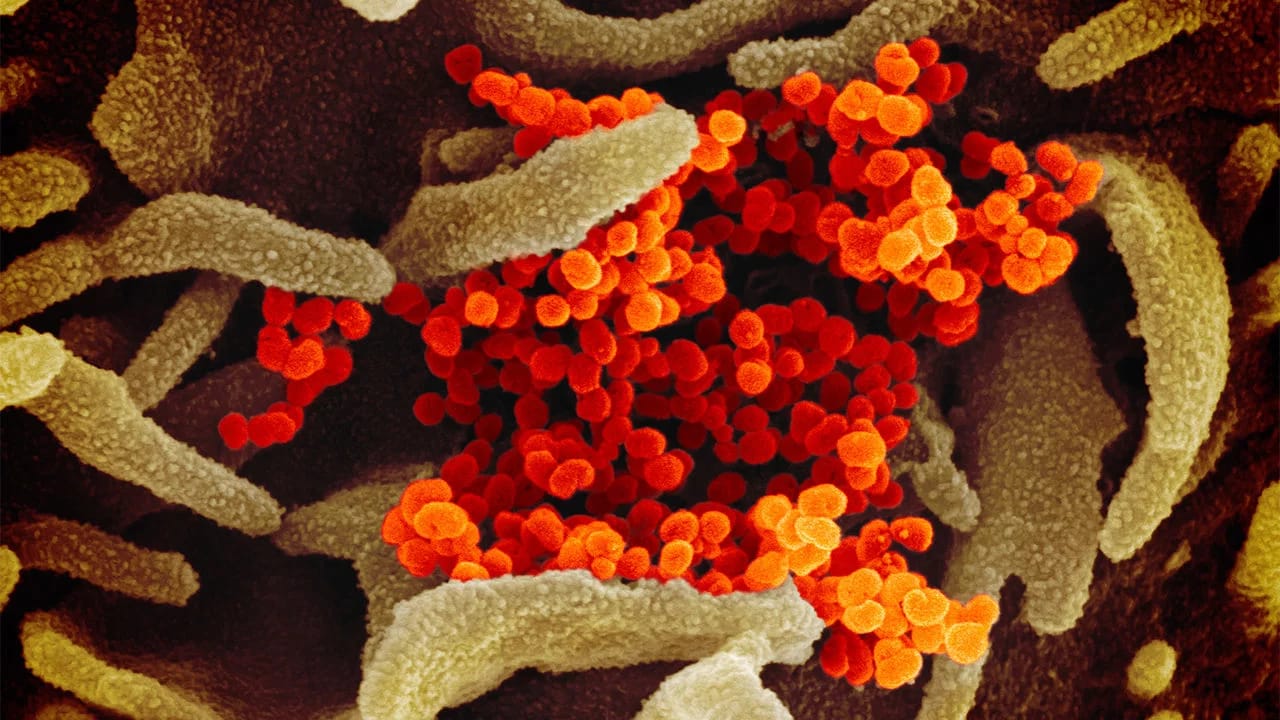Conspiracy theories do nothing but create fear, rumors, and prejudice that jeopardize our global collaboration in the fight against this virus”—reads a statement by public health scientists belonging to several countries outside China. The statement was published in Lancet on February 19.
Their concern, as has been pointed out in the statement, is the flurry of misinformation, rumors and conspiracy theories that have been making the rounds in social media.
Ever since the outbreak of the deadly COVID-19, there has been a steady stream of stories, especially in Western media, that the origin of the outbreak of the disease is a virology laboratory in Wuhan, the epicenter of the disease. The Wuhan Institute of Virology has a laboratory where research on coronavirus from bats is ongoing, including the one that is closest to SARS-CoV-2, the virus that causes COVID-19.
There has also been speculation that the virus was bio-engineered and China was done with the aim of developing a bio-weapon. It was widely said that a lab worker was infected while handling the bat and in the process the virus infected him and got transmitted to many outside the laboratory. That was the story made in pursuit of the origin of the virus outbreak. However, the lab insisted that there exists no link with the outbreak and the laboratory.
“We stand together to strongly condemn conspiracy theories suggesting that COVID-19 does not have a natural origin,” says The Lancet statement. The statement also praised the work of Chinese health professionals in tackling the epidemic and also appeals others to sign on.
The Lancet statement also took note of the fact that there are scientists from several countries who have been engaged in extensive study of SARS-CoV-2 and they conclude that the coronavirus originated in wildlife. It goes in a similar way as with the case of recent human viruses emerged recently.
“We’re in the midst of the social media misinformation age, and these rumors and conspiracy theories have real consequences, including threats of violence that have occurred to our colleagues in China. We have a choice whether to stand up and support colleagues who are being attacked and threatened daily by conspiracy theorists or to just turn a blind eye. I’m really proud that people from nine countries are able to rapidly come to their defense and show solidarity with people who are, after all, dealing with horrific conditions in an outbreak.”—said Peter Daszak, a disease ecologist and a co-signatory of the Lancet statement.
The controversy was also fueled by US senator Tom Cotton. Earlier this month, Cotton, on Fox News said: “ We don’t have evidence that this disease originated there but because of China’s duplicity and dishonesty from the beginning, we need to at least ask the question to see what the evidence says.” He also mentioned China turning down the US Government’s proposal to send scientists to China to help clarify questions about the outbreak.
The scientific community across the world has been hell bent in deciphering the origin of the virus and how it got into human population along with the genetic exploration in order to produce medication or vaccine. But, conspiracy theories and rumors would only derail these global collaborative efforts. It will only serve the vested interest of a few.





